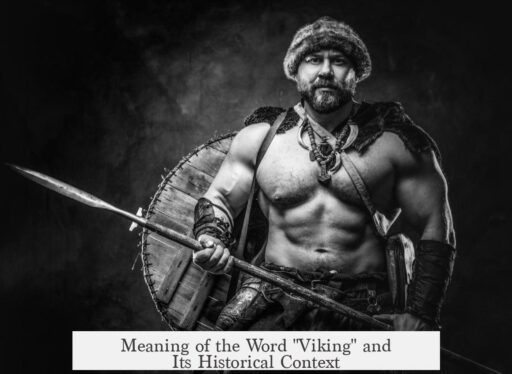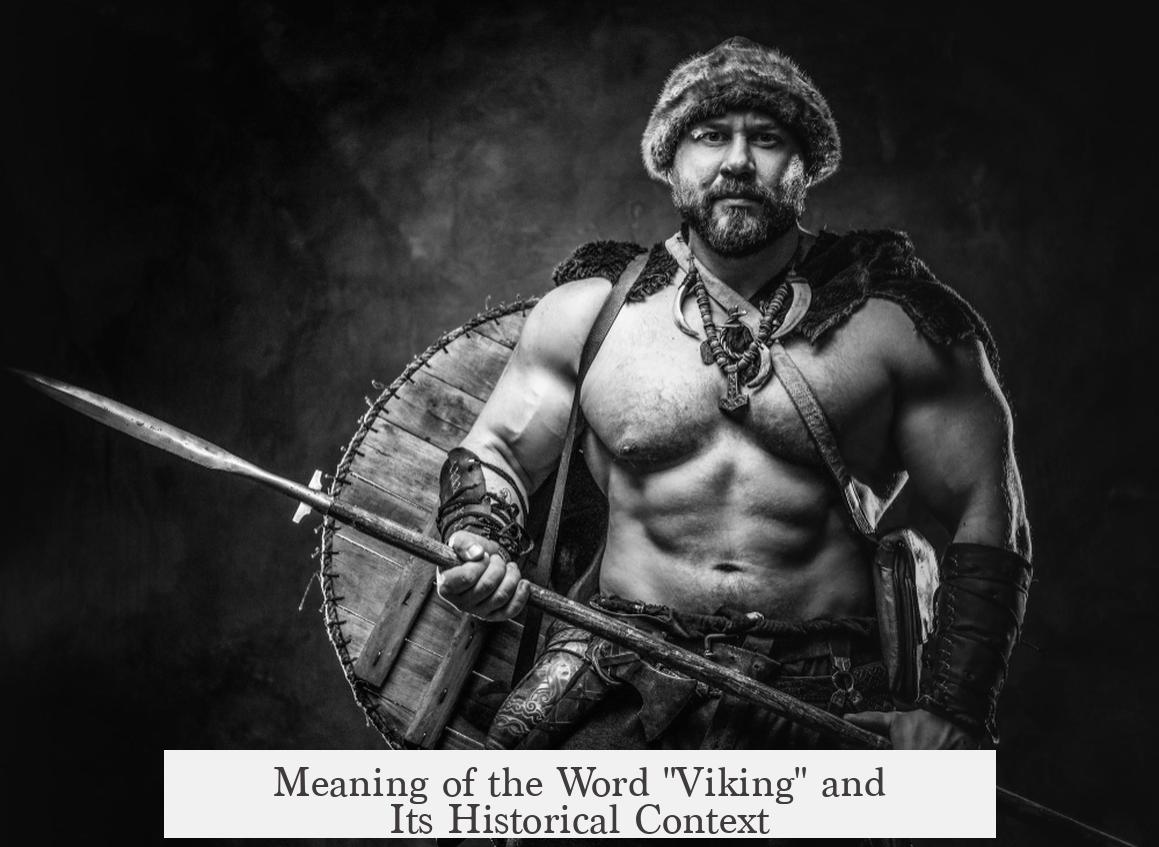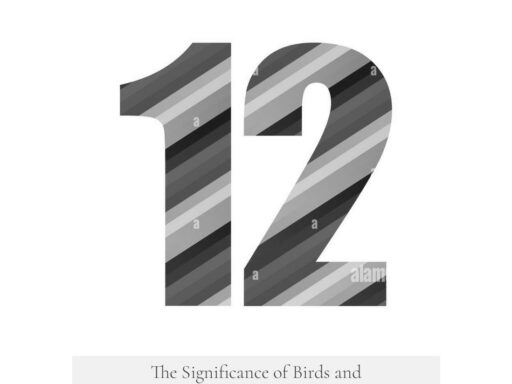The word “Viking” originally means a person involved in sea raids and voyages in Old Norse, and today it broadly refers to Scandinavian seafarers known for raiding during the early Middle Ages.
The term “Viking” derives from the Old Norse masculine noun vikingr and the feminine noun viking. The masculine form, likely older, combines vik-, meaning “bay,” with the suffix -ingr, which means “person of” or “descendant of.” Thus, vikingr roughly translates to “person of the bay.” Some scholars speculate this may refer specifically to the district of Vik in southern Norway, but this is uncertain. The word’s early usages in Old English, where it appears as Wicinga in sources like the poem Widsith, complicate the meaning further because Old English wic means “town,” not “bay.”
In Old Norse society, the meaning of vikingr was clearer. It identified a pirate or raider who typically attacked by sea, though in at least one known case, a Viking acted as a land-based raider. The feminine form viking referred to a sea voyage, especially one associated with raiding. A common phrase was fara i viking, meaning “to travel on a voyage,” which reflects the verb-like usage of “going Viking” as understood in Old Norse contexts. The sea raids were not necessarily continuous; sometimes a voyage could be peaceful or involve trade, though the term was closely linked with raiding activity.
Modern English adoption of “Viking” began in the 1800s. Since then, it has acquired a broad meaning: the Scandinavian people of the early Middle Ages who undertook seafaring raids throughout northern and western Europe. This popular meaning simplifies the historical complexity. Medieval Scandinavians rarely called themselves “Vikings.” Most were farmers, traders, or craftsmen and only a fraction engaged directly in raiding. Medieval scholars and historians now emphasize caution in using “Viking” as a general label, recommending terms like “medieval Scandinavians” or “raiders” for greater precision. Despite this, “Viking” remains the widely recognized English term.
| Term | Original Old Norse Meaning | Old Norse Usage | Modern English Meaning |
|---|---|---|---|
| vikingr | “Person of the bay” (bay = vik) | Pirate or sea raider | Scandinavian seafarer/raider of early Middle Ages |
| viking | N/A (feminine form) | Sea voyage, often with raids (fara i viking = go on a voyage) | N/A (used interchangeably with vikingr in English) |
Understanding “Viking” requires balancing linguistic roots with historical practice. The Old Norse linguistic origin ties the term closely to bays and location-based identity. Yet, in historical reality, it identifies raiders, particularly sea raiders, operating within the Viking Age (c. 8th to 11th centuries). The modern label reflects the popular imagination formed over centuries rather than the precise identity used by people themselves during that era.
- The Old Norse masculine vikingr means roughly “person of the bay.”
- In Old Norse, vikingr described pirates or raiders, mainly sea-based.
- The feminine viking means a sea voyage, often linked to raiding expeditions.
- Modern English “Viking” refers broadly to Scandinavian raiders of the early Middle Ages.
- The popular modern usage often simplifies a complex historical reality.
What is the original meaning of the word “Viking” in Old Norse?
The Old Norse word *vikingr* likely means “person of the bay.” The root *vik-* means “bay,” and *-ingr* is a suffix meaning “person of.” Thus, it may originally have referred to someone from a specific bay or coastal area.
How was the word “vikingr” used in Old Norse times?
In Old Norse, a *vikingr* was a pirate or raider, mostly at sea. The feminine form *viking* meant a sea voyage, often involving raiding. The phrase *fara i viking* meant “to travel on a voyage,” usually with hostile intent.
Does the Old English meaning of “viking” differ from Old Norse?
Old English referenced *Wicinga*, related to Vikings, but there *wic* meant “town,” not “bay.” This difference complicates understanding the original meaning, as Old English and Old Norse words had slightly different roots.
What does “Viking” mean in modern English?
Since the 1800s, “Viking” in English means Scandinavian people from the early Middle Ages who sailed and raided across Europe. This modern meaning is broader and less precise than the original Old Norse terms.
Why is the modern use of “Viking” considered imprecise by scholars?
Medieval Scandinavians didn’t call themselves Vikings. Many were farmers, not raiders. Scholars prefer terms like “medieval Scandinavians” or “raiders” to be more accurate, but “Viking” remains common for convenience.




